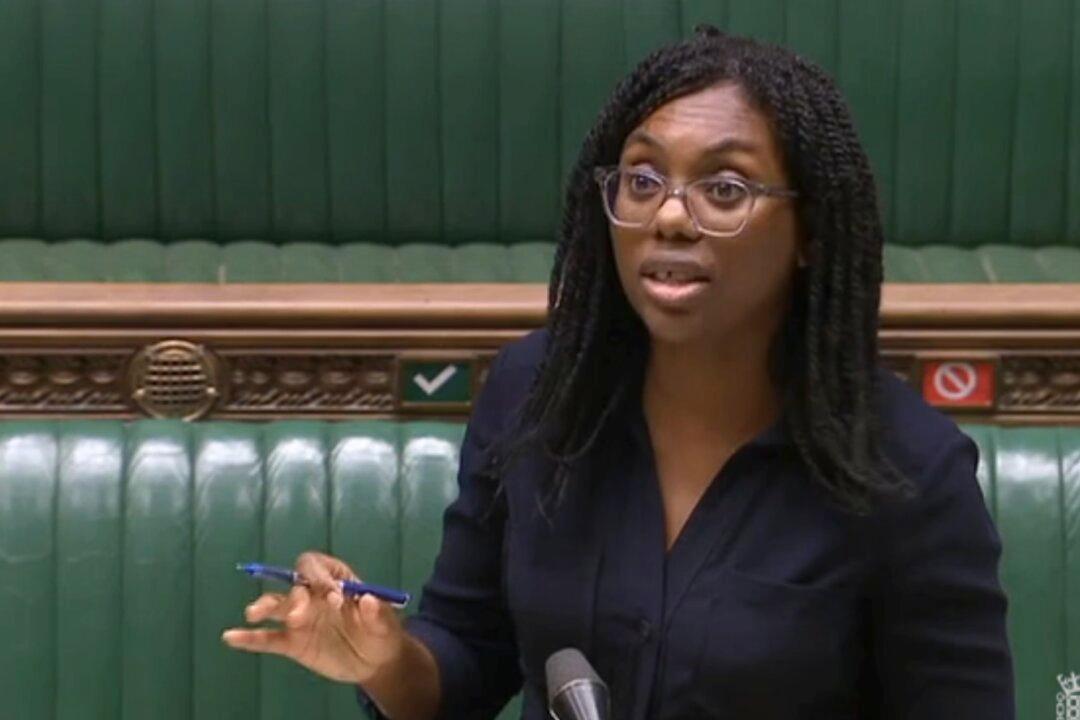The Scottish government will continue allowing gender-confused children as young as twelve to be prescribed puberty-blocking drugs in a policy that sets the country at odds with NHS England.
Hormone treatment for children is now only allowed in England as part of clinical trials after NHS England ruled there was a lack of evidence on the safety and effectiveness of such interventions.
In contrast, Healthcare Improvement Scotland (HIS)—part of the NHS service north of the border—has recommended the continued prescribing of drugs for children because it found there was an increased demand from young people with gender dysphoria.
Critics, including the charity Transgender Trend, which campaigns against gender ideology in schools and the prescribing of hormones, raised concerns over the new guidelines on Twitter.




